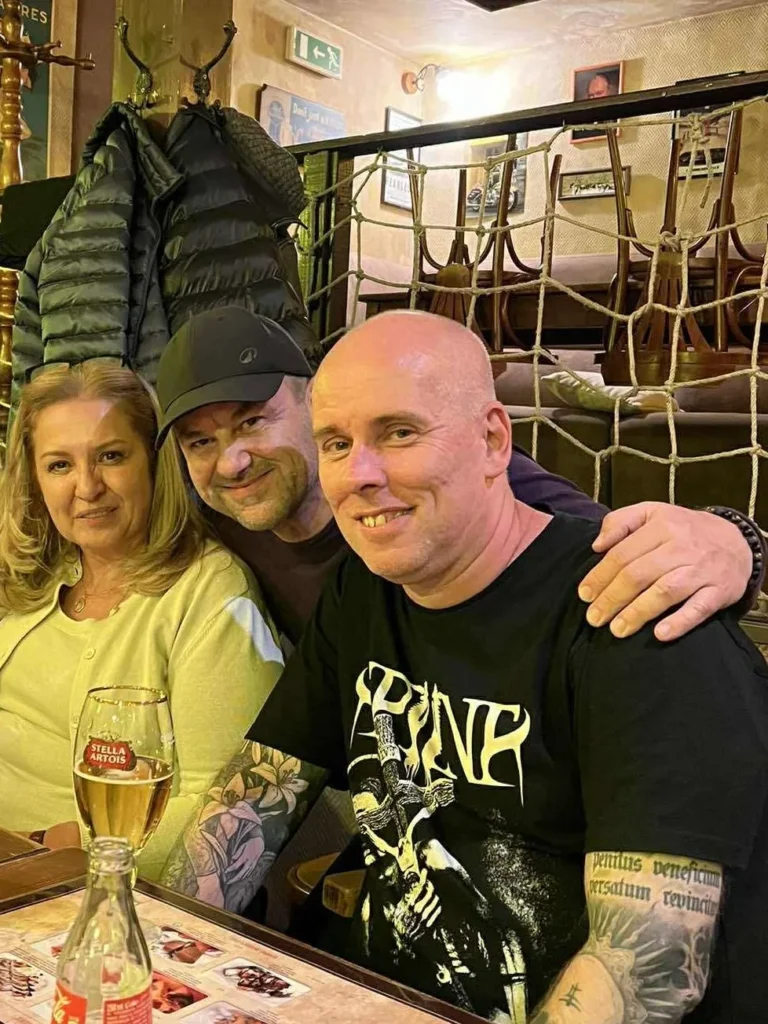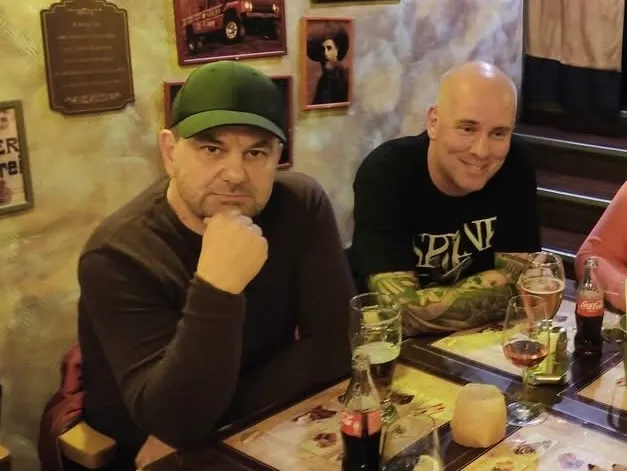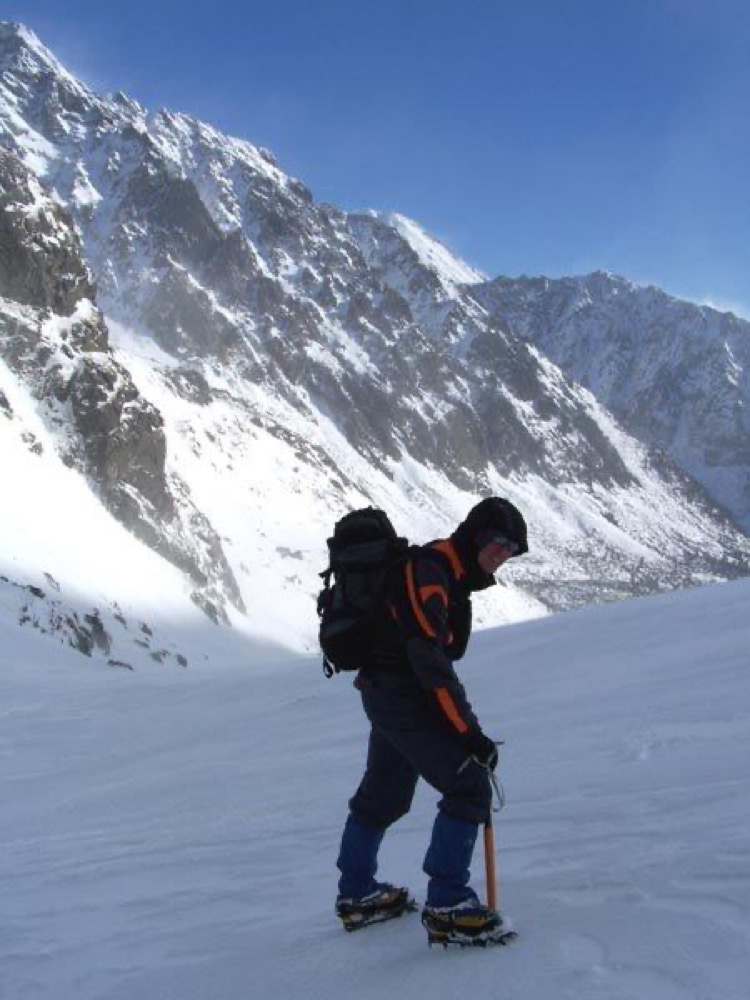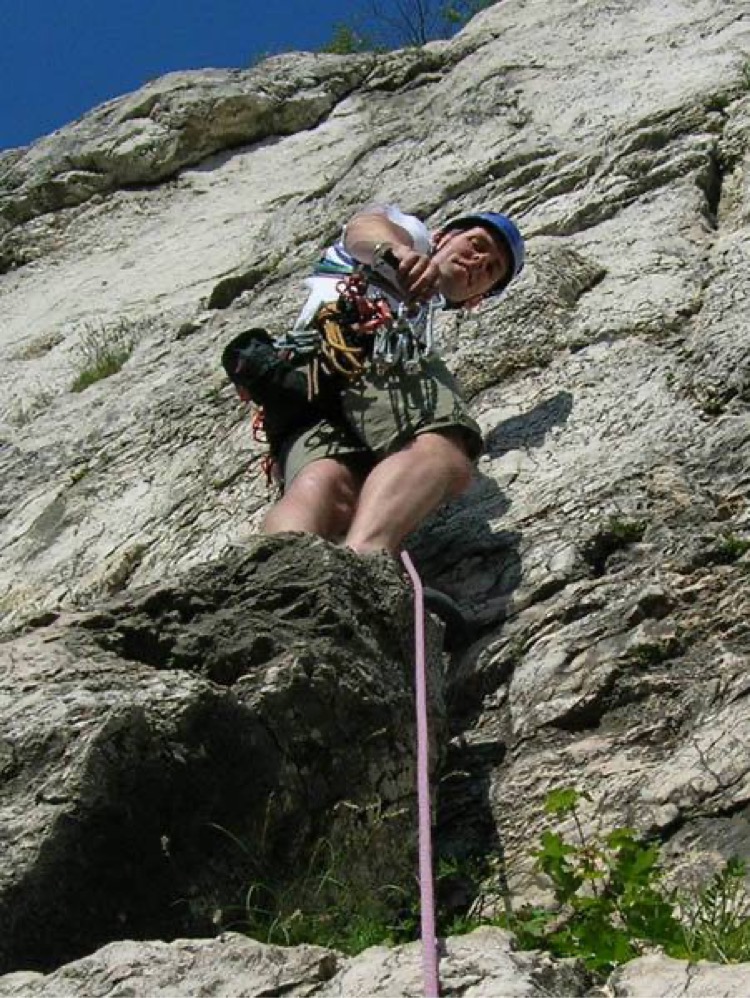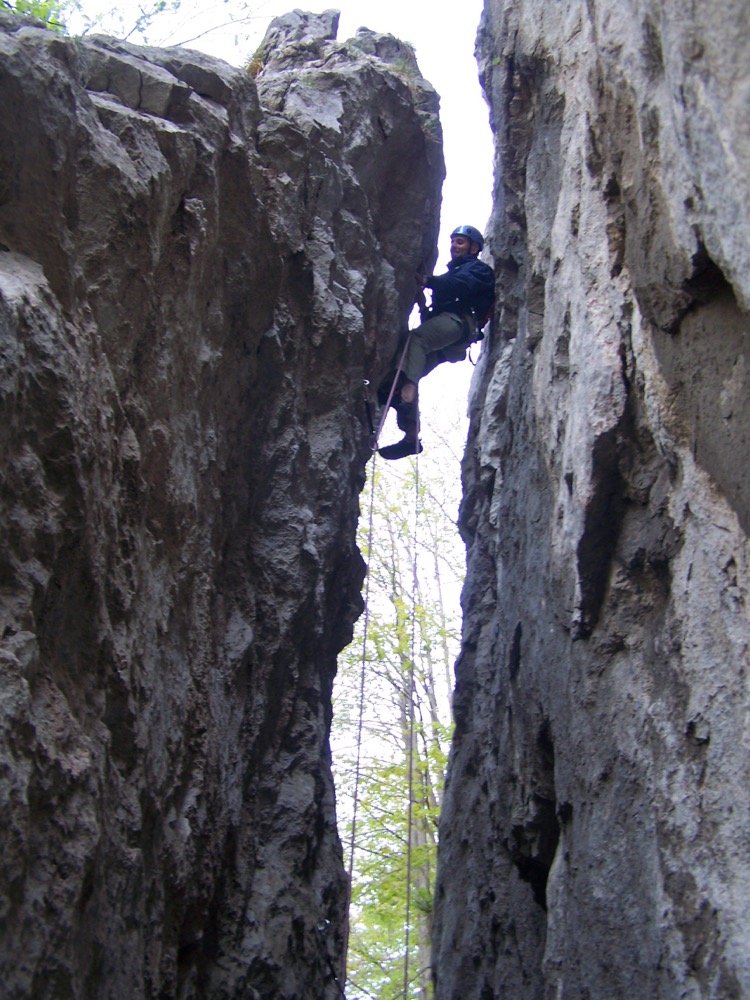Last night I met up with some of my old classmates.
Some of them I hadn’t seen in decades, others I’ve stayed in touch with here and there… and then there was my oldest friend — the one I started making music with when we were just kids.
I still remember those early days: we were maybe ten years old, learning to play guitar together, dreaming about forming our first band. We spent countless hours practicing, listening, planning. And even when life later took us to different places — me to Munich, him to London — the friendship never faded. The music kept us connected through it all.
We played in many projects together over the years, explored all kinds of genres, and it was actually him who first introduced me to music recording and production. We even joined a local talent show once — what memories! Our musical tastes still overlap a lot, and every now and then we bump into each other at concerts of the bands we both love.
Now, decades later, sitting together again over a fine Irish whiskey, that same old vibe was still there. I tried his freshly bought instruments, we talked for hours, and at some point we both realized: the dreams we once had as kids… we actually made them come true.
He makes a living from music — teaching guitar, playing in bands — and my own life also revolves around music, in my own way. Different paths, same passion, and both of us happy with where we ended up.
And best of all: after all these years, we’re planning new things together again.
Music, of course. Always music.
Thank you, my friend — for everything, Laci.
